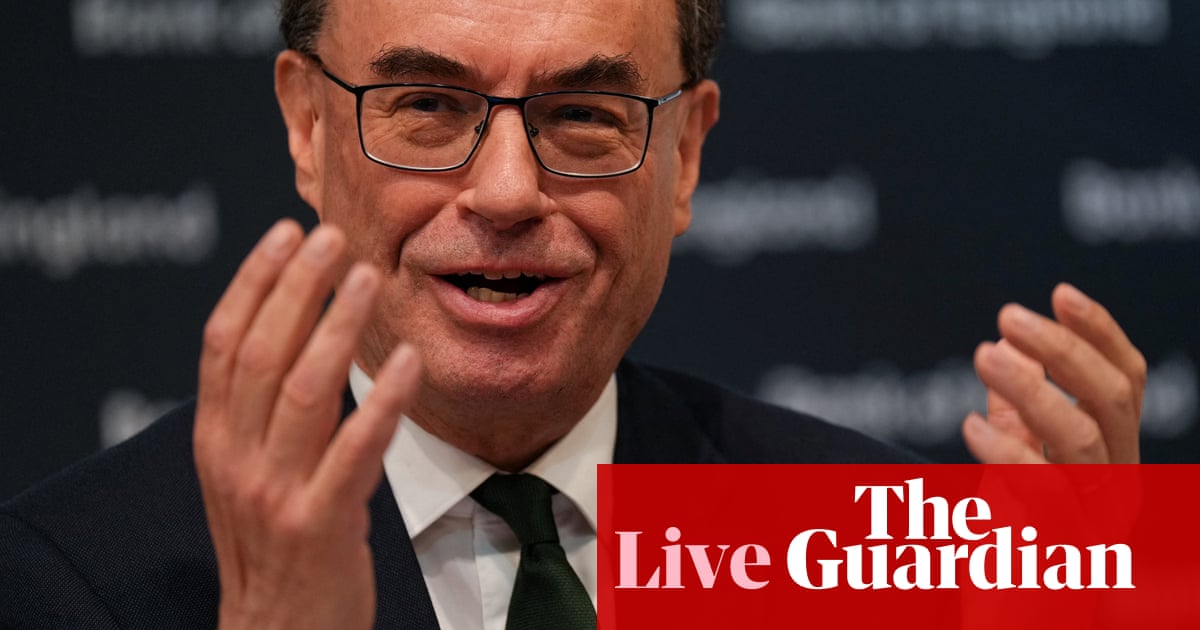Even before Donald Trump won the election in November, multiple companies with announced they were ending their diversity initiatives. After the election, some of the country’s largest companies announced they too were sunsetting some of their corporate programs.
In December, Walmart said it was rolling back its diversity, equity and inclusion (DEI) goals and would drop using the term altogether. McDonald’s made a similar statement in January. On Friday, Meta became the latest major company to announce the end of its DEI goals, saying that the company will scrap its DEI team, its equity and inclusion training programs and requirements to have a “diverse slate” of applicants when hiring.
Though some of the announcements followed conservative pressure on social media, some came unprompted, suggesting that companies who were quick to trumpet their desire to broaden their workforce after the backlash to the murder of George Floyd have cooled on an idea that seeks to increase opportunities for women, people of color, LGBTQ+ people and other marginalized groups.
Now that conservatives not only have a majority in the supreme court, but also the White House and both chambers of Congress, they can launch a full-fledged attack against DEI at the federal level.
But DEI advocates maintain this isn’t the end. Here’s how Trump’s second term could impact DEI.
An executive order banning DEI in the federal government
Toward the end of Trump’s first term in 2020, Trump signed an executive order that banned diversity training in government agencies, contractors and institutions that receive federal funding, such as non-profits. It also restricted the use of so-called “divisive concepts” that the administration deemed common in such training.
The administration was quickly hit with lawsuits over first amendment violations in the order, and a federal judge blocked it soon after.
After Joe Biden took office, he signed an executive order that asked government agencies to establish or promote chief diversity officers, hold DEI training and develop their own DEI plans.
Trump and his allies have railed against DEI and will likely target it again once he takes office. While it is unclear exactly what a new anti-DEI executive order from Trump would look like, he will likely scrap Biden’s executive order and once again target DEI goals in the federal government.
Such an order can’t impact private companies, even if Trump’s administration would want it to. A federal appeals court upheld a ruling this year against Florida governor Ron DeSantis, who tried to ban private employers from diversity training, on first amendment grounds.
Judicial appointments
Trump appointed more than 200 federal judges to courts around the country during his first term, in addition to the three justices he got on to the supreme court.
Trump’s impact on the judiciary from his first term is already weighing on the dozens of DEI cases that are still ongoing in federal courts around the country.
“That’s going to shape the ongoing direction of the law of DEI in the years ahead and solidifies that the interpretation of laws that protect DEI will be moving in a conservative direction,” said David Glasgow, executive director of the Meltzer Center for Diversity, Inclusion and Belonging at the NYU School of Law.
After Students for Fair Admissions – the supreme court case that overturned affirmative action in higher education – was decided in 2023, workplace programs became the next target. Edward Blum, the conservative legal activist who was behind the affirmative action case, said the case was only “the end of the beginning”.
The Meltzer Center is tracking 68 ongoing cases that are still in court. Many of the lawsuits focus on targeted programs such as scholarship, grants or initiatives for specific affinity groups. Others focus on reverse discrimination in the workplace, for example, white job applicants or employees suing companies for allegedly giving preference to their nonwhite counterparts.
More Trump-appointed judges means even if these cases don’t get up to the supreme court, lower courts that are conservative-leaning could set legal precedents that shape the legal landscape around DEI for years to come.
Conservative judges could interpret laws that were established during the civil rights era to uphold claims of reverse racism, which have skyrocketed since Students for Fair Admissions.
Congress and the Department of Justice
On the campaign trail, Trump himself railed against what he called “anti-white feeling in this country”, telling Time in May that he thinks “the laws are very unfair now”.
Trump’s administration can utilize the legal powers of the Department of Justice, which can prosecute state and local government employers, or the Equal Employment Opportunity Commission (EEOC), which has enforcement power over private companies, to carry out what it deems are reverse discrimination cases.
“Right now, all the anti-DEI lawsuits are coming from private advocacy groups or individuals. They’re not coming from the government,” Glasgow said. “If the federal government uses its enforcement power to go after private companies, then that could have a chilling effect.”
after newsletter promotion
Incoming vice-president JD Vance co-sponsored a self-explanatory bill in the Senate earlier this year named Dismantle DEI that would end all federal DEI programs, including for agencies, contracts and schools or organizations that receive federal funding.
The legislation would be more sweeping than what Trump could muster with an executive order. Republicans have a majority in both the House and Senate and could get it to Trump’s desk, if they choose. But with slim majorities, particularly in the House, Republicans will need the political will to get the bill passed.
A chilling effect
When Floyd was murdered in 2020, the ensuing protests around the countries encouraged companies to introduce or expand DEI programs. Commitments were made, DEI offices were created and executives were hired.
But after the Students for Fair Admissions decision, companies went quiet. Even though the decision didn’t mention the workplace, private employers stopped touting their commitments to diversity.
DEI advocates are worried that Trump’s second term will mean an even more widespread chilling effect, where companies do away with their DEI initiatives out of fear of retaliation.
“I’ve had leaders tell me things like, ‘Even the people who support DEI within our company are scared right now,’” Glasgow said. “There’s a lot of fear and anxiety out there … even if, from a policy or senior leadership standpoint, these organizations still buy into [DEI].”
When Meta announced to its employees that it was dropping its DEI goals, the company said in a statement that “the legal and policy landscape surrounding diversity, equity and inclusion efforts in the United States is changing now”.
“The term ‘DEI’ has also become charged, in part because it is understood by some as a practice that suggests preferential treatment of some groups over others,” the statement read.
But Glasgow and other researchers at the Meltzer Center say that companies shouldn’t drop their DEI initiatives completely.
Researchers have outlined ways companies can support DEI, even when the legal environment around it is murky. Companies can be careful not to scrap initiatives that are legally protected and think about areas where DEI could expand legally. Companies could also focus on making sure their companies are inclusive internally, without pushing for broader change outside the company.
“No matter how hostile the external environment becomes, we can still make sure that our policies are protecting vulnerable workers,” Glasgow said.
And some companies can become public advocates of DEI, against the conservative tide.
“I would like to see organizations that have a powerful voice and a powerful platform actually speaking up in defense of DEI and contributing to a conversation about why DEI is important in the public sphere, to push back on those anti-DEI narratives,” Glasgow added.
In late December, Costco’s board of directors released a statement pushing back against a shareholder proposal from a conservative thinktank that would require the company to evaluate and release a report on its DEI initiatives.
“A diverse group of employees helps bring originality and creativity to our merchandise offerings,” Costco said in a statement to investors. “We believe (and member feedback shows) that many of our members like to see themselves reflected in the people in our warehouses with whom they interact.”

.png) 3 months ago
44
3 months ago
44













































